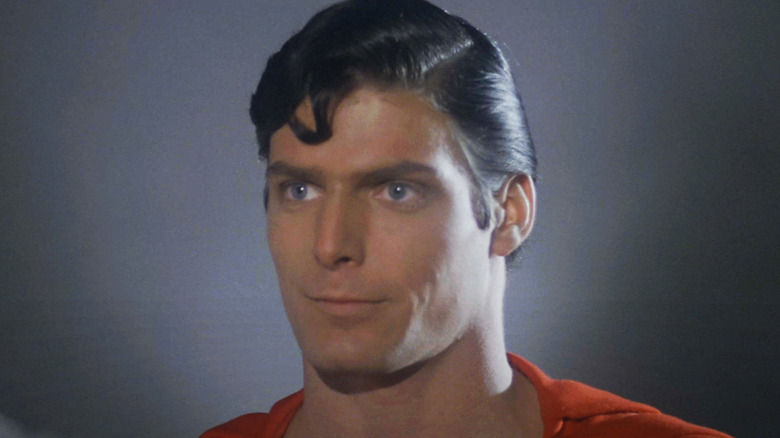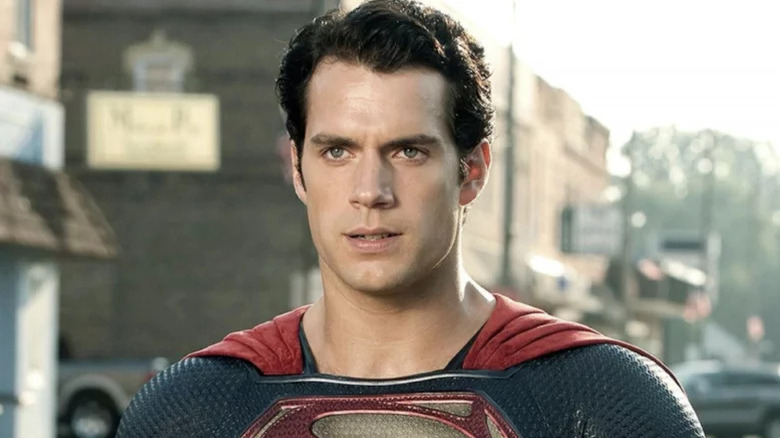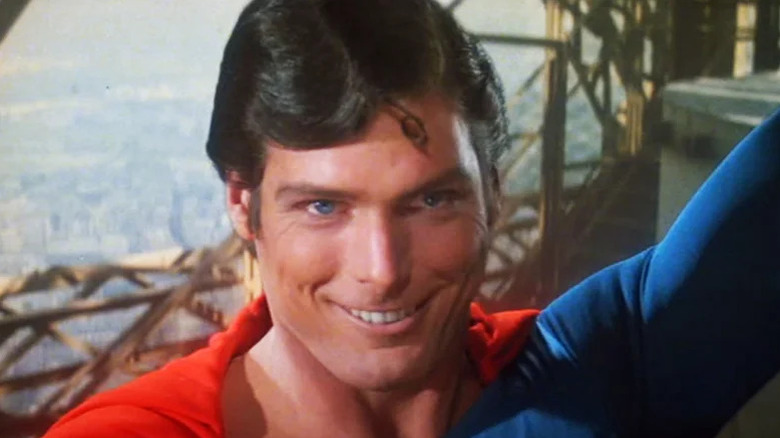It’s difficult to overstate the impact of Richard Donner’s 1978 blockbuster “Superman.” Much has been written about how, without Donner’s film and Christopher Reeve’s Superman, we wouldn’t have the modern blockbuster — all of which is true. But beyond the film’s effect on Hollywood and the rise of blockbuster filmmaking, “Superman” was a truly special movie for so many other reasons.
Its innovative special effects actually fulfilled the movie’s promise to make audiences “believe a man can fly,” while Donner’s respectful treatment of the source material seemed to transcend the comic book foundations of the film itself, resulting in a work that embodied the very values that Supes himself stood for: hope, justice, truth. “Superman” also proved every naysayer wrong, demonstrating that comic book material could make for successful Hollywood fare.
In the years since that original movie and its three sequels, we’ve had numerous cinematic iterations of the Man of Steel. After Christopher Reeve hung up the red cape for good, it was Bryan Singer’s turn to put his spin on the Man of Steel with 2006’s “Superman Returns.” The film, which paid perhaps too much of an homage to the Reeve years, has been largely forgotten since its debut, but that’s not entirely warranted as it wasn’t without its charms and then-newcomer Brandon Routh did an admirable job in the lead role. Then Zack Snyder introduced us to Henry Cavill’s Superman, a version of the character who, in the wake of Christopher Nolan’s Batman success, was given the good old gritty reboot makeover with 2013’s “Man of Steel” and several subsequent entries in the now-defunct DCEU. The general consensus on Cavill’s movies was that he was a great Superman who never got a great Superman movie, and it seems the late Richard Donner would agree, with the director harboring some strong opinions on the DCU Superman.
Whether you agree that Reeve remains the quintessential Superman will likely come down to the era in which you grew up and which on-screen version of the character you saw first. Luckily, we now have a truly objective and unbiased way to say for sure which is the best live-action Superman movie ever made. Or, we at least have IMDb…
IMDb users rank the Superman movies
Peppered between each cinematic Superman offering have been multiple small-screen Supermen, but for our purposes, and those of IMDb users, we’re only focusing on the live-action movies. So, which of the many films managed to come out on top in the site’s ranking of the best Superman movies? Bear in mind, we’re talking about a website that still ranks “The Shawshank Redemption” as the single greatest movie ever made. Thankfully, IMDb users have seen clearly on this particular topic and ranked 1978’s “Superman” as the best of the bunch, with a 7.4 rating based on 192,000 odd votes. (Technically, “Superman II: The Richard Donner Cut” is actually rated the highest, with its 7.6 score based on just 20,000 votes. But since this is a director’s cut that Donner himself didn’t even edit first-hand, it doesn’t really count.)
So, if “Superman” is the best Man of Steel movie, what is the worst? That unenviable title goes to 1987’s “Superman IV: The Quest For Peace” and its 3.7 score based on 54,000 votes. By this point, Donner was long gone and Christopher Reeve had basically checked out, so I’m sure if either of them were alive today, they’d have no problem with this ranking.
Meanwhile, Zack Snyder’s “Man of Steel” actually came in second with a 7.1 rating based on a whopping 854,000 votes, while 1980’s “Superman II” took the third spot with a 6.8 score and 117,000 votes. Fourth was “Batman v Superman: Dawn of Justice” with 6.5 based on 764,000 votes, and fifth was “Superman Returns” with 6.1 and 294,000 votes. Just above “Superman IV: The Quest For Peace” was the almost as bad “Superman III,” with 5.0 score based on 76,000 votes.
IMDb users got it right this time
As Christopher Reeve himself is seen saying in the emotional and inspiring documentary “Super/Man: The Christopher Reeve Story,” “Hollywood suffers from a very bad disease called sequelitis.” That’s more true than ever today, where Reeve might have self-imploded had he been around to witness his own CGI cameo in 2023’s box office disaster of super-heroic proportions, “The Flash.” But this has been the film industry’s modus operandi for decades, and Reeve was well aware of it when he was forced to fulfill his contractual obligations as the Man of Steel in third and fourth “Superman” movies. At that time, he was trying hard to branch out from the role that had launched and come to define his career, though perhaps unsurprisingly, the actor wouldn’t see anywhere near the commercial success he’d had as “Superman” elsewhere. Needless to say, “Superman III” and “Superman IV” were not his finest outings.
In a way, though, that doesn’t matter. It doesn’t matter because not only did Reeve act in and direct several great films after his run as Supes, but because if all he ever did was play Superman, it would be enough. Of course, today, when “sequelitis” has reached gargantuan proportions, modern audiences are used to the idea of studios iterating on their IP, and the idea of multiple Superman actors has become the norm. But it’s hard to convey just how definitive Donner and Reeve’s take on the DC hero felt in a time before all these versions of the character inhabited the pop culture landscape.
Growing up in the ’90s, Reeve’s Superman was still very much the Superman. Watching Donner’s original film on VHS didn’t feel like watching a take on the comic book material, it felt like it was the source material itself. The same is true of John Williams’ truly iconic score, which James Gunn should absolutely use in his upcoming “Superman” movie. Hearing it wasn’t just hearing “Superman Theme” from the official “Superman” (1978) soundtrack, it was the sonic embodiment of the hero, as totemic as any national anthem. Everything about that original movie (and to some extent its direct sequel) felt unimpeachably definitive, and everything that has come since, while worthwhile in its own way, just hasn’t quite managed to match it. In other words, it’s nice to see that IMDb users have gotten this one right.










